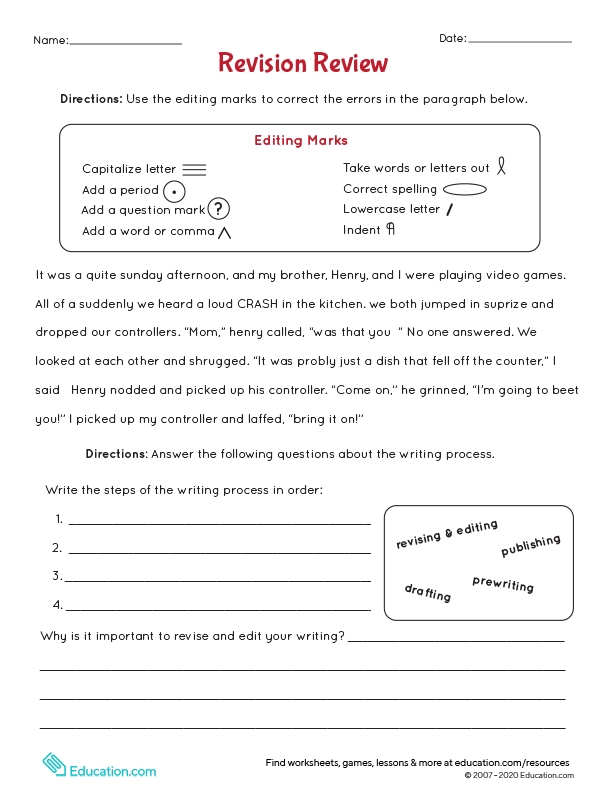

The editors have no wish to waste the reviewers’ time by sending them poorly worded manuscripts. It bears repeating that manuscripts whose English expression is clumsy, ambiguous or grammatically flawed will not be sent to peer-review as the text discussion cannot be understood.

Using websites such as Google translate or BabelFish to translate a manuscript into English will not do. Before submitting it, have your manuscript professionally edited by a person who is a native speaker of English and who has a knowledge of your field of research. Perhaps the problem of unclear English in submitted manuscripts is increasing, as more medical physicists and biomedical engineers for whom English is not their native language and who are working in non-English speaking nations (such as, for manuscripts submitted to APESM, China, India and Iran), seek to publish in English language journals. It is also an open invitation to the reviewer to recommend rejection of your manuscript. It forces the reader to guess at your meaning. Poor English expression in a submitted manuscript makes the text ambiguous and/or unclear. Manuscripts lacking this attribute do not serve their purpose and should not be published. Consequently clarity of expression is a required attribute of a submitted manuscript. It is essential for the readers’ understanding of your work and its implications. Clarity of expression is crucial to explaining your work. The purpose of publishing the results of your research is to disseminate your work widely within the community of interested scientists.

The usual reason for requesting a revised manuscript is poor English expression. About 20% or more of submitted manuscripts are determined to be not yet ready for review and are returned to the authors for revision (our records on this statistic are not complete enough to be more definitive). An alternative to outright rejection is to ask that the manuscript be modified before being sent to reviewers. Hence what I report about the reasons for rejection by APESM apply quite generally. However you will see below that the reasons for rejection are universal ones. Perhaps I should have used “the APESM journal” instead of “medical physics journals” in the heading for this section. The authors of rejected manuscripts are provided with the reasons and I think it instructive to summarise and publicise the reasons. Another 30% or so are rejected after review. The reviewer of a manuscript that is published despite their review recommendation is at liberty, and indeed encouraged, to write a letter to the editor after such publication (as is any reader), to place on record the perceived shortcomings of the article.ĪPESM rejects between 35 and 40% of submitted manuscripts without sending them to reviewers, some because their subject matter is outside of the scope of APESM.
Revisions review free#
The authors of a manuscript that is rejected before or after adjudication are of course free to submit it elsewhere. If, in the editor’s opinion, s/he is not qualified to adjudicate a difference of opinion between a reviewer and the authors (not an unknown occurrence) then the manuscript would be sent to additional reviewers, or an editorial board member accompanied by a note that makes it clear that an adjudication opinion is being requested. It is also good practice to acknowledge the concerns of the reviewer by modifying the text of the manuscript to more explicitly describe what the manuscript is addressing, and what it is not. Nevertheless, as authors address the review comments, the reason for not making any requested modifications should be explained. The manuscript after all, is the work of the authors, not of the reviewers. But sometimes the authors may disagree with the reviewer and decline to modify their manuscript. An impasse may be avoided by giving the authors the opportunity to modify their manuscript as requested by the damning reviewer(s). On the other hand, negative reviews must be scrutinised to determine whether the reviews are soundly based. It may be argued that manuscripts that strongly divide the opinions of the reviewers, have some fundamental problem and so should be rejected.


 0 kommentar(er)
0 kommentar(er)
